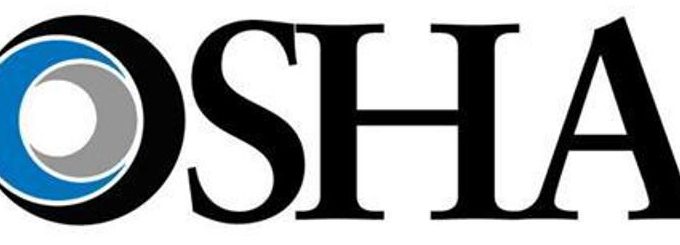The US Occupational Safety and Health Administration (OSHA) has specific requirements for sharps containers in…
Spore Testing Key Element in Infection Control
Infection control and prevention in the dental setting are critical part to a successful dental practice. Not following the infection control “standard of care” can lead to unwanted exposure to transmissible infections during dental treatment.
This past April, media outlets nationwide reported that the Oklahoma Board of Dentistry is investigating a Tulsa oral surgeon for poor infection control practices and improper delegation of dental duties, potentially exposing up to 7000 patients to HIV, HBV, and HCV. Health officials launched an investigation after one of his patients with no known risk factors tested positive for both HIV and HCV.
During the office site visit, investigators found rusty instruments and lax sterilization procedures, in addition to sloppy handling of drugs and improper delegation of dental duties to dental auxiliaries. Here are some of the infractions noted:
- Use of rusty instruments on patients with known infections. According to the Centers for Disease Control and Prevention (CDC), rusted instruments are porous and therefore cannot be adequately sterilized.
- Sloppy handling of needles and drugs used in surgery, leading to a high risk of cross-contamination.
- Improper delegation of dental duties. Dental assistants admitted to administering I-V sedation, including determining the amounts and types of medications for patients.
- Lax security for controlled substances. Drug cabinets were unlocked and unattended, with many drug vials containing expired drugs, including one with a 1993 expiration date.
- Sterilizer monitoring was not preformed in several years as required by state law.
Dentists may face additional questions or concerns from patients about the situation in Oklahoma. Proper infection control procedures protect patients and dental staff by preventing the spread of transmissible infections. OSHA Review recommends that dental offices follow the Centers for Disease Control and Prevention 2003-Guidelines for Infection Control in Dental Health-Care Settings, in addition to OSHA’s Bloodborne Pathogens Standard.
OSHA Review, Inc. a registered continuing education provider in the State of California, specializing in Dental Practice Act, infection control, and Cal/OSHA training. OSHA Review subscribers in California receive updated regulatory compliance and infection control training thorough our bi-monthly newsletter.
In addition, OSHA Review, Inc. provides sterilizer monitoring services in all 50 states through the Spore Check System. The Spore Check System is endorsed by the Arizona, California, Ohio and Texas Dental Association.


